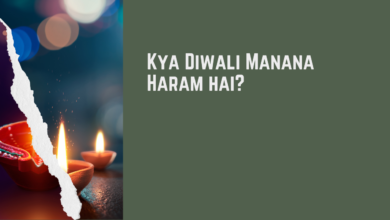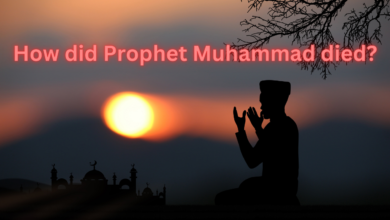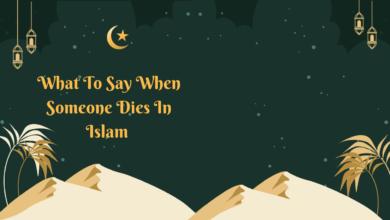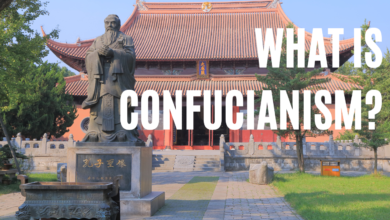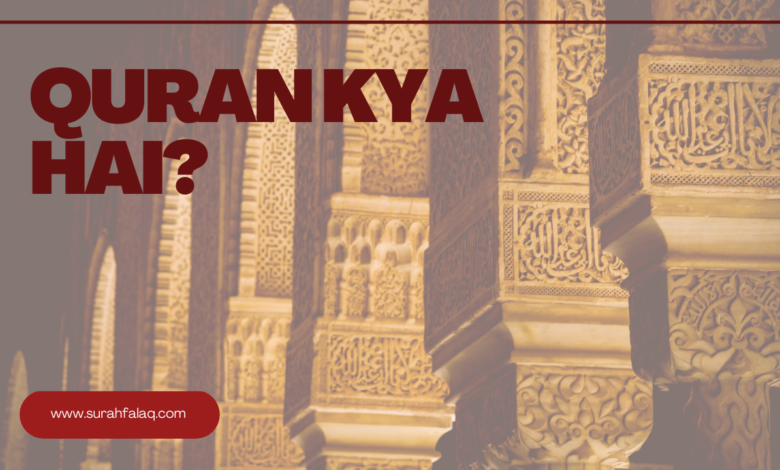
Quran Kya hai?
The Quran is the holy book of Islam, believed to be the literal word of God as revealed to the Prophet Muhammad by the Angel Gabriel.
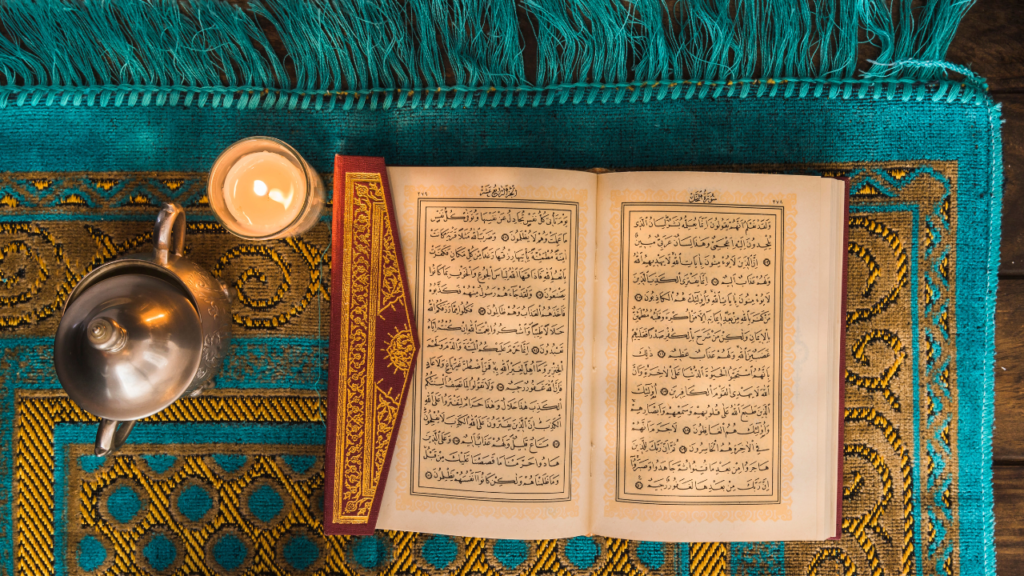
Introduction
The Quran, also spelled as “Koran,” is the holy book of Islam, serving as a foundational text for Muslims worldwide. It is a scripture of immense significance and is considered by Muslims to be the literal word of God as revealed to the Prophet Muhammad (peace be upon him). In this article, we will explore what the Quran is, its origins, its structure, and its importance in the lives of Muslims.
The Quran’s Origin:
The Quran is believed to have been revealed by Allah (God in Arabic) to the Prophet Muhammad over a period of 23 years. Muslims believe that this divine revelation occurred through the Angel Gabriel, who conveyed God’s messages to the Prophet Muhammad. This process of revelation began in the year 610 CE when the Prophet Muhammad was 40 years old and continued until his death in 632 CE.
Muslims regard the Quran as the final and complete revelation from God, following previous scriptures such as the Torah and the Bible. It is essential to note that the Quran, in its original Arabic text, is considered the exact and unchanged word of God. Translations are available in numerous languages, but they are viewed as interpretations of the Quran and not as the Quran itself.
Also check.
- What is Haram?
- Who is the Current Caliph of Islam?
- Who is the Current Caliph of Islam?
- When was Islam Founded?
- When was Islam Founded?
The Structure of the Quran:
The Quran is organized into chapters called “Surahs,” which are further divided into verses known as “Ayahs.” In total, there are 114 Surahs, varying in length, with the longest, Surah Al-Baqara, consisting of 286 Ayahs and the shortest, Surah Al-Kawthar, containing only three Ayahs.
Each Surah is a self-contained unit with its theme and subject matter, but they are interconnected to form a cohesive narrative. The Quran addresses a wide range of topics, including theology, morality, guidance for personal conduct, stories of past prophets, and descriptions of the afterlife.
The Themes of the Quran:
The Quran covers a multitude of themes, but its primary focus is on matters related to monotheism, morality, and guidance for leading a righteous life. It emphasizes the oneness of God and the rejection of idolatry, urging believers to worship and obey the one true God.
Morality and ethics are central themes in the Quran, with guidance on honesty, kindness, compassion, and justice. It outlines the principles of social justice, charity, and caring for the less fortunate. The Quran also contains legal and dietary laws for Muslims to follow.
The Quran is not limited to practical guidance alone; it also contains narratives about previous prophets, like Adam, Noah, Abraham, Moses, and Jesus, to illustrate moral and spiritual lessons. These stories are meant to serve as both historical accounts and as examples for Muslims to learn from.
The Importance of the Quran:
The Quran holds a unique place in the lives of Muslims. It is regarded as the ultimate source of guidance, and it plays a pivotal role in their daily worship and spiritual development. Muslims recite verses from the Quran in their daily prayers, and it is frequently consulted for guidance in various aspects of life, from personal decisions to legal matters.
For Muslims, the Quran is not merely a religious text; it is a living scripture that provides ongoing spiritual nourishment and guidance. It is a source of solace, inspiration, and a reminder of their moral and ethical responsibilities. Its recitation and memorization are highly encouraged, and the memorization of the entire Quran is a remarkable achievement and a source of great honor.
Conclusion
In conclusion, the Quran, often described as the “Book of Guidance,” is the central text of Islam and a source of profound inspiration for Muslims around the world. It is a repository of divine knowledge and wisdom, providing guidance on matters of faith, morality, and practical life. Understanding its significance in Islam is essential for appreciating the faith and culture of over a billion people worldwide.
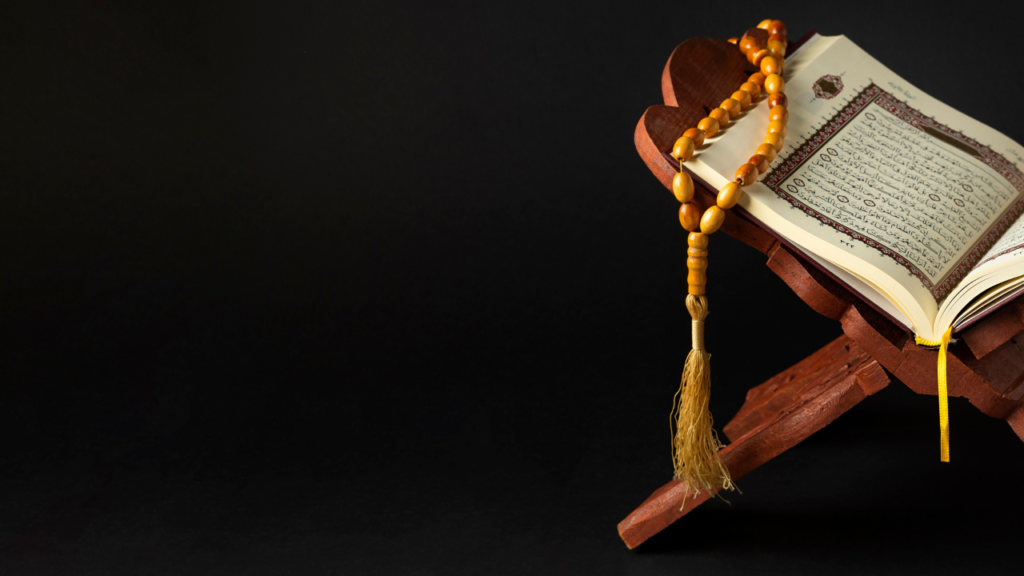
FAQs
What is the Quran?
The Quran is the holy book of Islam, believed to be the literal word of God as revealed to the Prophet Muhammad by the Angel Gabriel.
How is the Quran structured?
The Quran is organized into chapters called “Surahs,” which are divided into verses known as “Ayahs.”
How many Surahs are there in the Quran?
There are a total of 114 Surahs in the Quran, each varying in length.
What are the main themes of the Quran?
The Quran addresses themes such as monotheism, morality, guidance for leading a righteous life, the stories of past prophets, and descriptions of the afterlife.
Is the Quran available in languages other than Arabic?
Yes, the Quran has been translated into numerous languages. However, it’s important to note that translations are considered interpretations, and the original Arabic text is regarded as the word of God.
How do Muslims use the Quran in their daily lives?
Muslims recite verses from the Quran in their daily prayers, seek guidance from it in various aspects of life, and often memorize portions or the entire Quran.
What is the significance of the Quran in Islam?
The Quran is of paramount importance to Muslims, serving as their primary source of guidance, a source of spiritual nourishment, and a means to connect with God. It influences their beliefs, ethics, and daily practices.
Are there different versions of the Quran?
No, there is only one Quran, and it is considered to be unchanged and unaltered since its revelation.
Are there any specific guidelines for handling or reciting the Quran?
Yes, Muslims are expected to treat the Quran with the utmost respect and are encouraged to maintain a state of ritual purity before handling it. Recitation is often done with sincerity and devotion.
Can non-Muslims read the Quran?
Yes, the Quran is open for anyone to read and study. Many non-Muslims have found value in exploring the Quran’s teachings to gain a better understanding of Islam.

